
OR
No mercy for supply disrupters
Published On: September 23, 2018 02:30 AM NPT By: Republica | @RepublicaNepal
People in Kathmandu are almost in panic. They are standing in long queues in front of petrol pumps to fill their gas tanks. Many on social media have presented it as a reminder of the 2015 blockade when getting few liters of petrol and diesel felt like achieving a great feat. This time around people are suffering not because of the incident like that of 2015, they are suffering because some petroleum tanker workers staged protests across the country, our government was too weak to contain the situation and our mechanisms were not able enough to ensure supply of vital petroleum during such times. The situation seems to have become a bit normal after Nepal Oil Corporation (NOC) warned of scrapping the contract of fuel transporters, if they do not return to work. But its effect is going to last for the next few days.
The inefficiency of our government mechanisms have been exposed again. When some petroleum tanker workers threaten to disrupt supply of petroleum, or actually do, all pumps run dry immediately after. How is this happening? Why cannot we store enough petrol in our depots for contingency? Why cannot the government distribute from reserve during such times? Most of all, why cannot the government take action against petrol pump owners who create artificial scarcity at the slight provocation of threat of protest or a couple of days’ disruption of supply? The government should seriously put alternative measures in place in times like these and ensure that people do not have to suffer because of unruly activities of some workers or suppliers.
Nepal’s transport cartels and syndicates are best known for putting people in great difficulties, through every means possible. They protest every means taken by the state to regulate and discipline them. This was seen in April when transport cartels running their service along Araniko Highway halted services and used force to prohibit any other transport companies to run their services along that road. The government, then, showed some spine and announced to freeze the bank accounts of transport committees not complying with the laws of the land. Unable to withstand the public pressure and strong government stand, they finally relented. For a moment, it seemed, the problem was solved, but five months down the line, due, largely, to government’s failure to implement its own rules, they are back again. They have put the condition that they won’t open booking for passengers going home for Dashain, unless the government allows them to have their way.
Nepal Independent Transportation Drivers’ Struggle Committee’s strike, which caused difficulties in Kathmandu, is completely misguided, for their chief demand includes clemency for the drivers found to have caused deaths due to their own negligence. They want an amendment to Vehicle and Transportation Act to that effect. It bears remembering that the government of K P Oli had earned loads of accolades when it took tough measures to discipline the transport cartels back in April. The same government now has been under huge public criticism for failing to enforce its own decisions. The government must deal with unruly transport entrepreneurs and those who disrupt public services and petroleum supplies with tough measures. They have put us in difficulties for way too many times. The public cannot afford to suffer at their hands any more.
You May Like This

Leap forward in 2019
The year 2018 was both inspiring and despairing. A number of events that took place in the past 12 months... Read More...

Ramp-up support to Nepalis in jail abroad
Reports of Nepalis in jail abroad have become common a feature in Nepali media. Hari Bahadur Ghale of Nuwakot has... Read More...

Summit is over, think of Valley residents
The fourth Bay of Bengal Initiative for Multi-Sectoral Technical and Economic Cooperation (BIMSTEC) summit has concluded successfully, so far as... Read More...
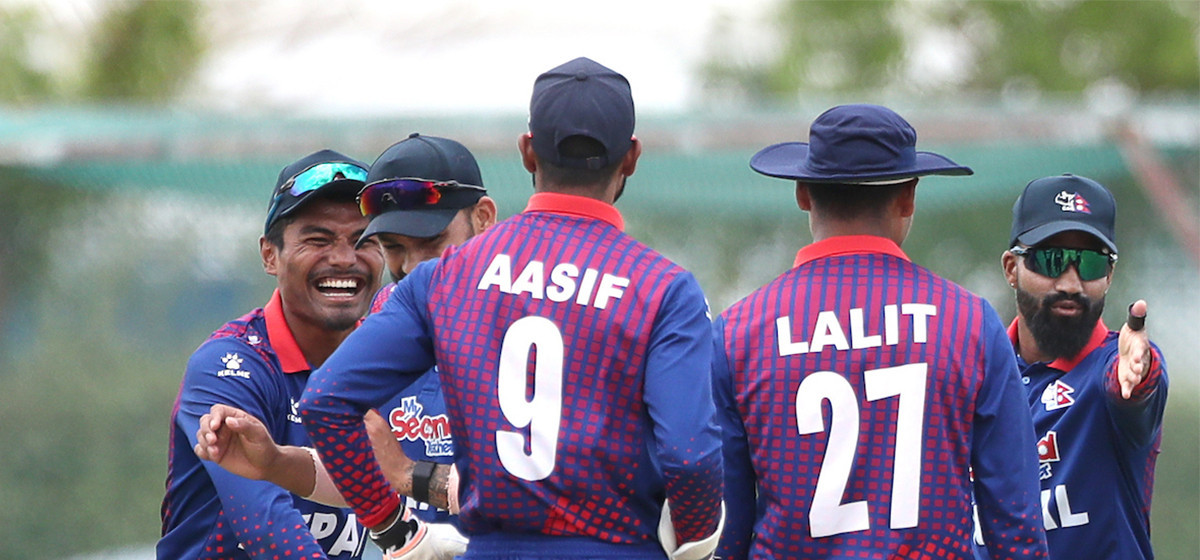
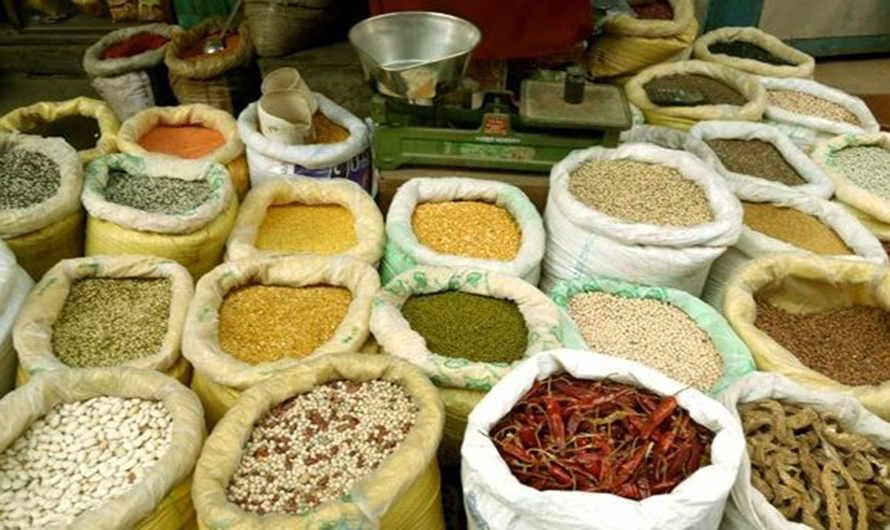
Just In
- Devotees throng Ram Mandir in Janakpur on occasion of Ram Navami (With pictures)
- Food Management and Trading Company calls for applications for position of CEO within 21 days
- 13 injured in Salyan bus accident
- FinMin Pun holds meeting with vice presidents of World Bank and IFC
- Gold price remains stable, silver price down by Rs 35 per tola
- ANFA Vice President Dawa Lama arrested
- Handicraft becoming lucrative business for women in Dang
- KMC to organize cancer screening camp from today



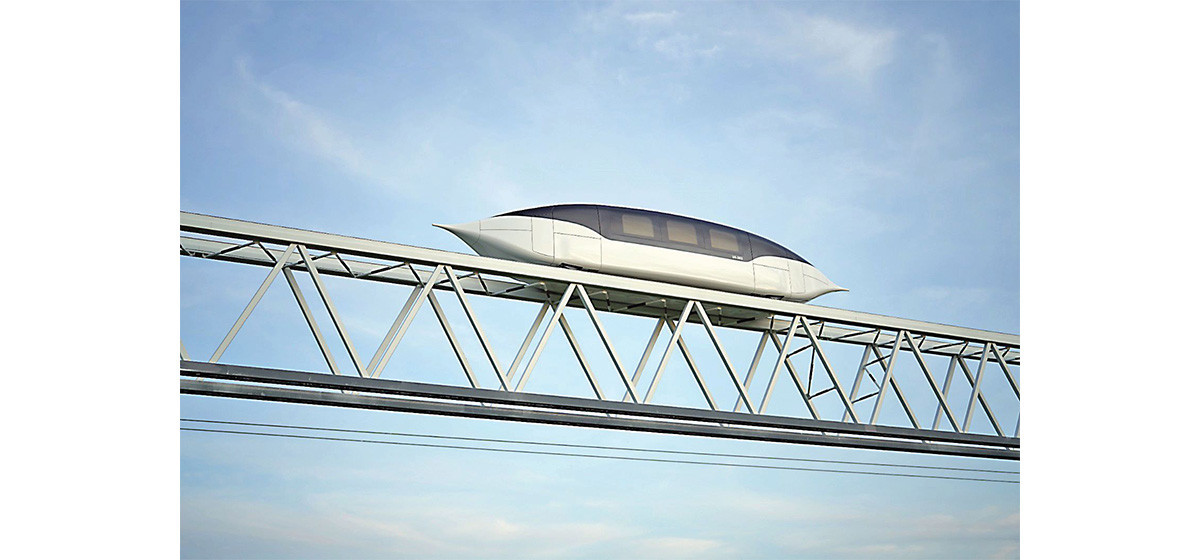


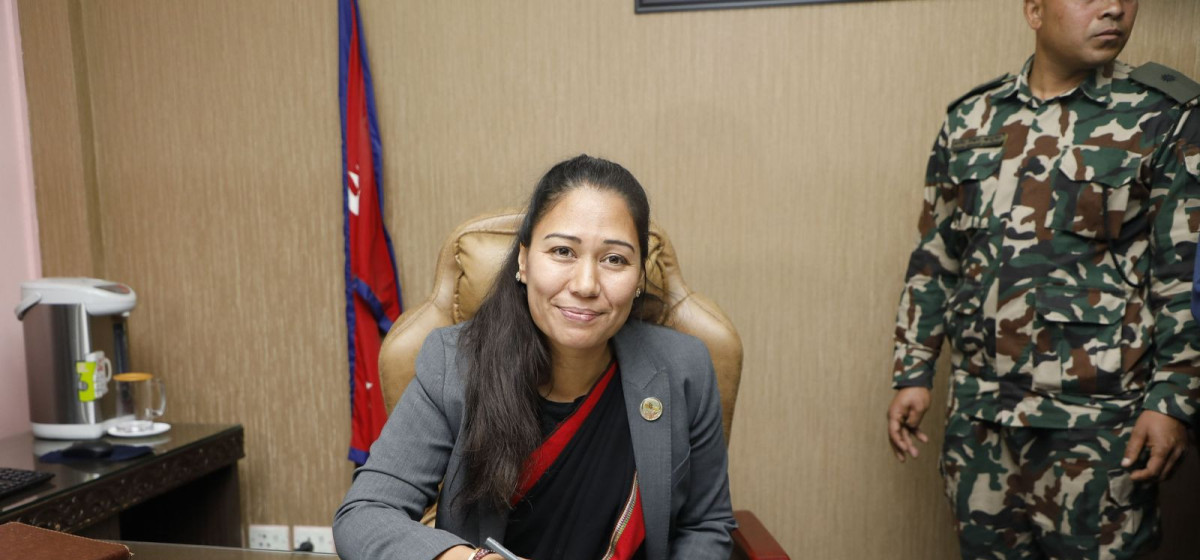
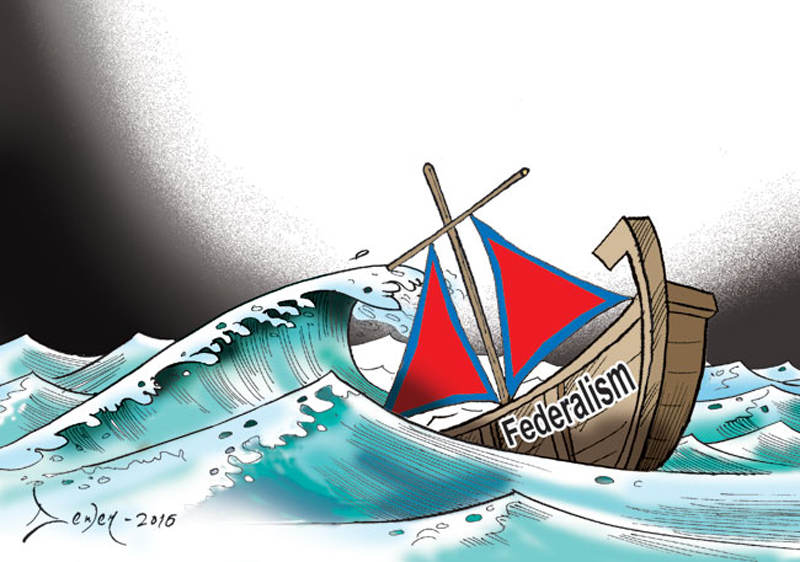
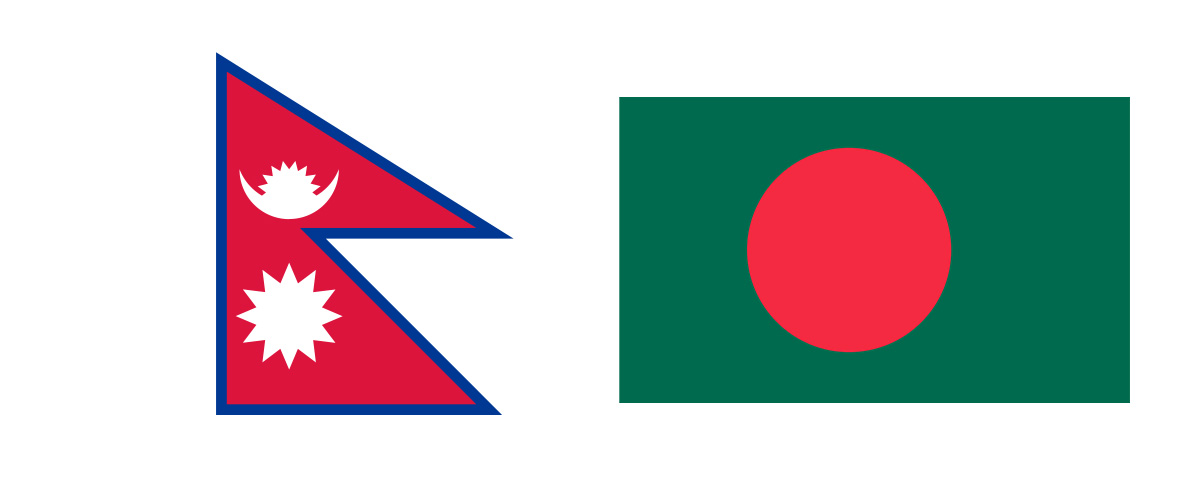
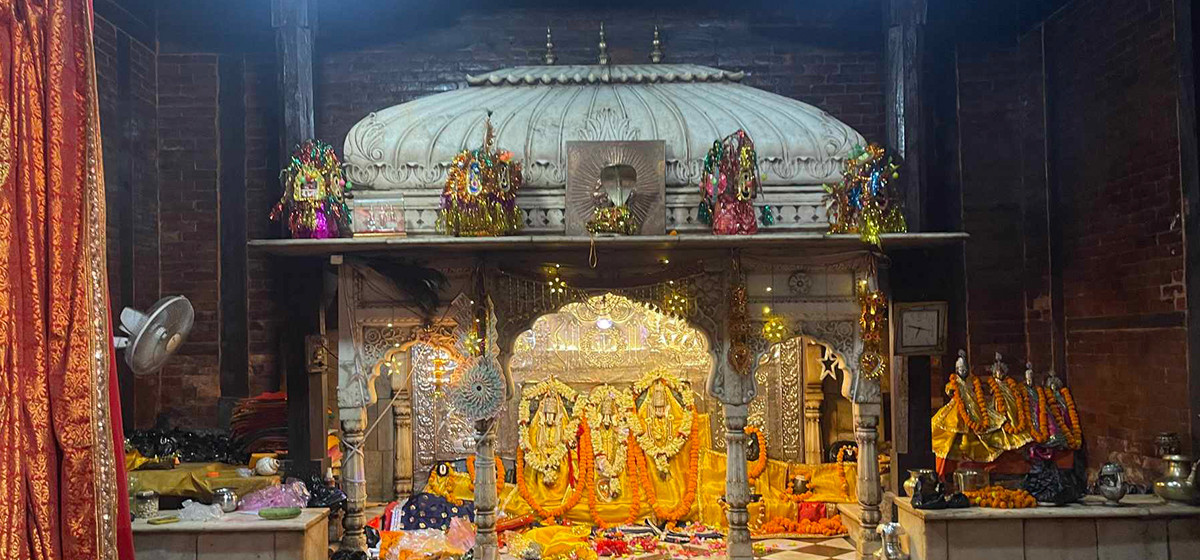
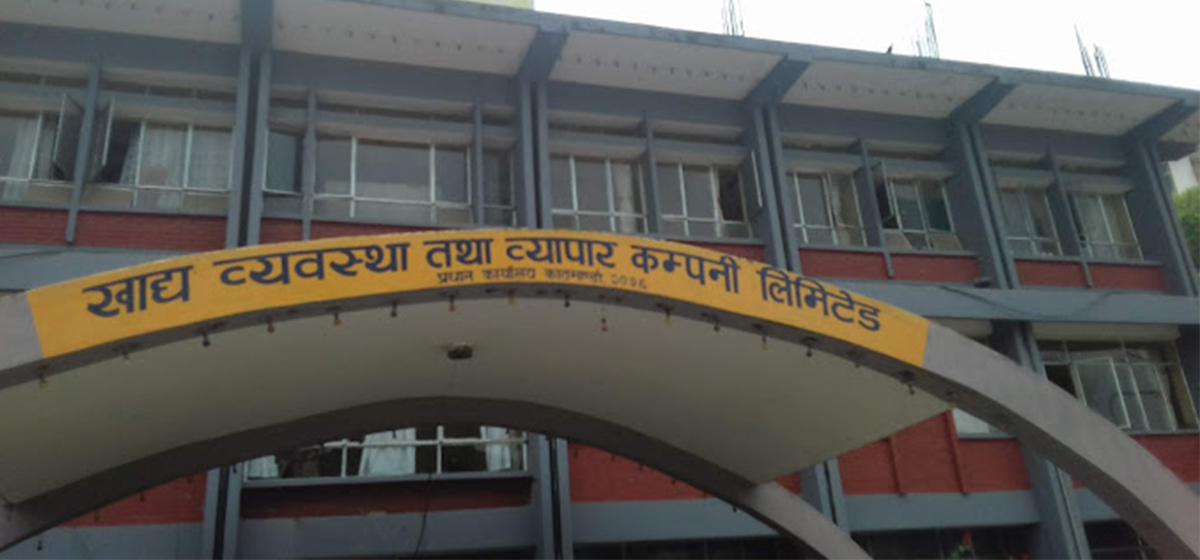




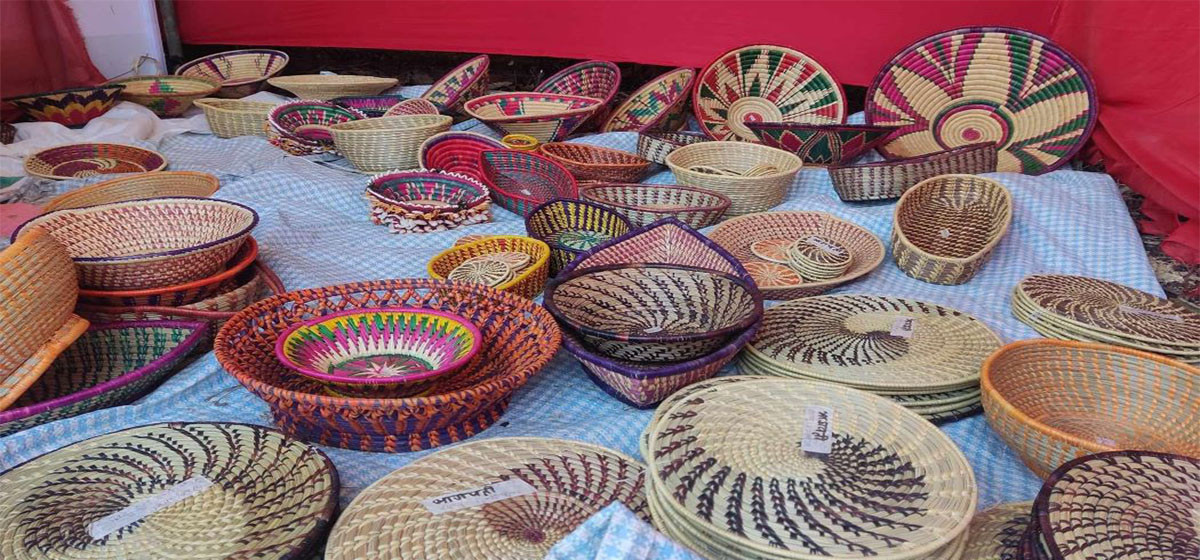
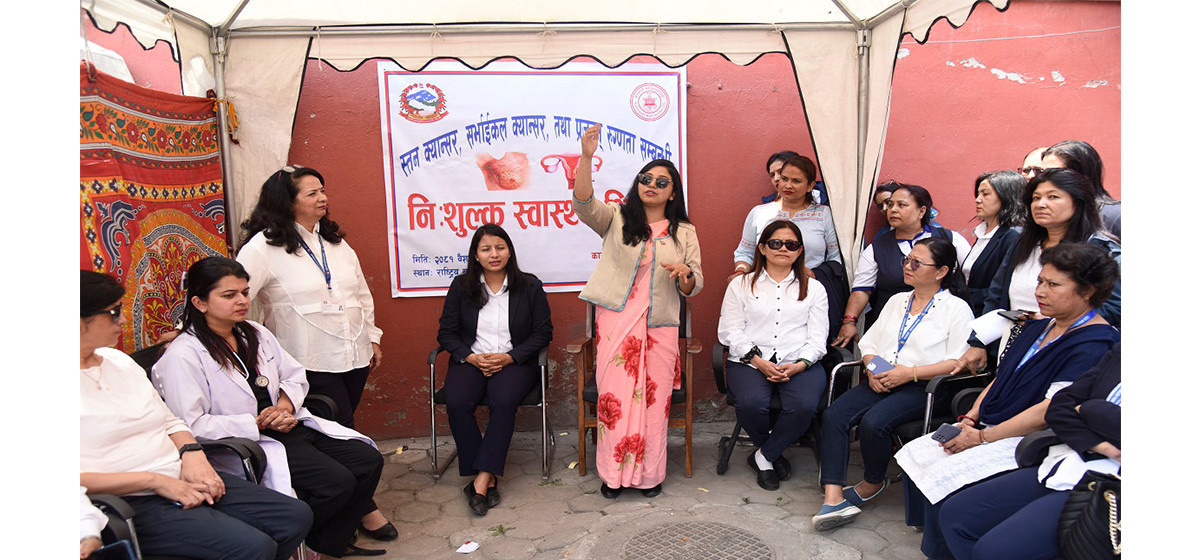
Leave A Comment